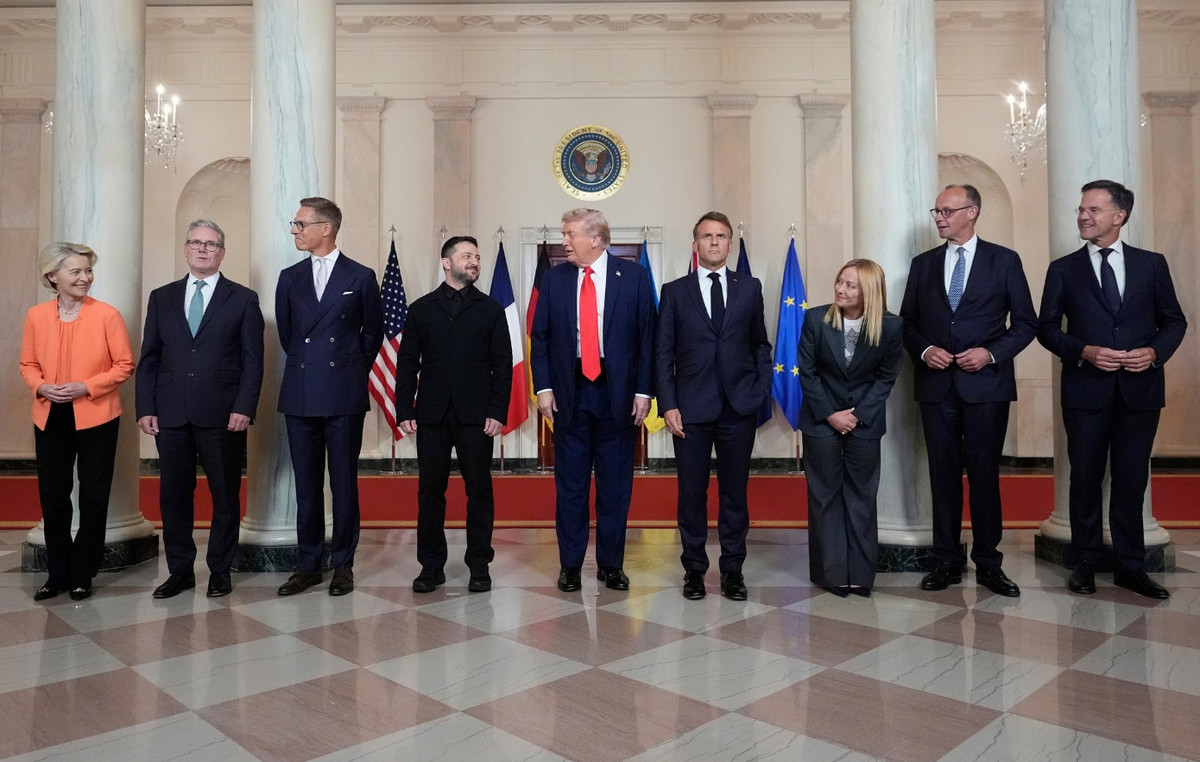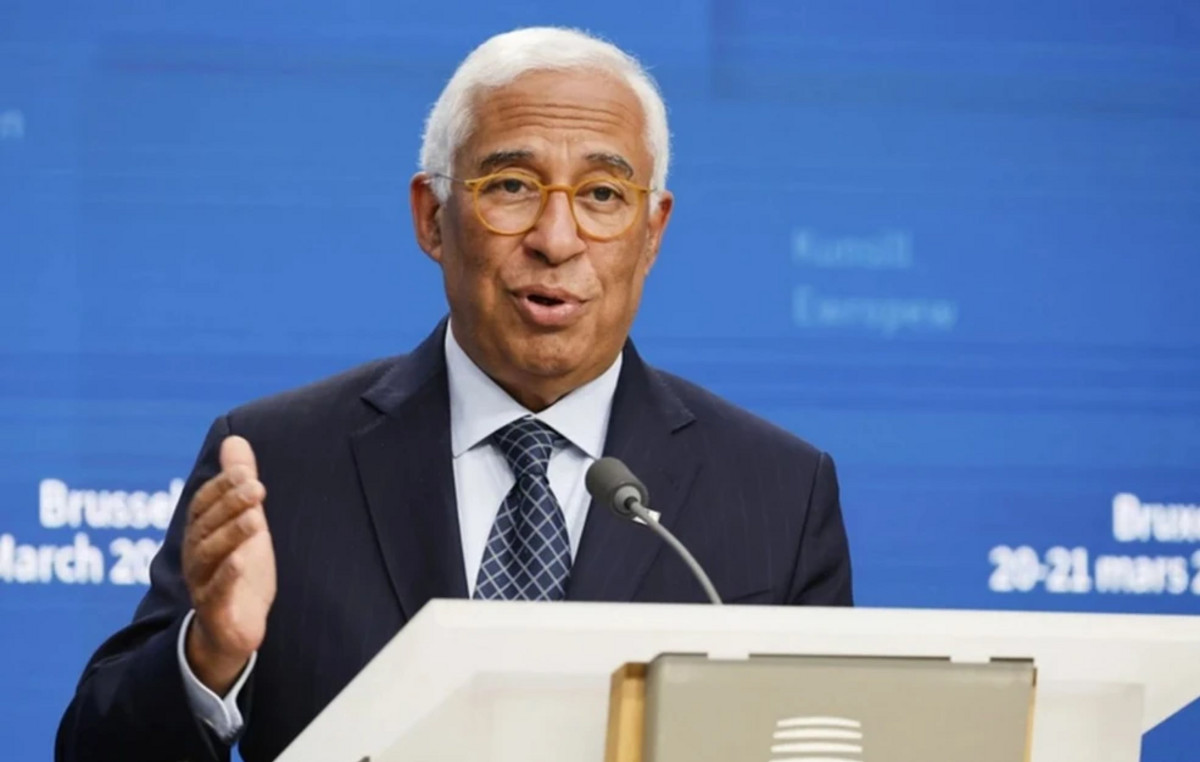The pandemic has transformed businesses in all sectors, around the world, and the restaurant sector was one of the most affected. Today, according to the Brazilian Association of Bars and Restaurants (Abrasel), delivery represents 20% to 30% of the sector’s revenue – before, it did not reach 5%.
In this scenario, several establishments focused on deliveries emerged, especially with hidden kitchens (dark kitchens).
But there is also a movement of large companies creating or bringing new brands that follow this model. This is the case of Bloomin’ Brands.
Owner of Outback, Australian food, and Abraccio, Italian, Bloomin’ Brands has seen its sales for delivery soar in the last two years.
If before customers barely ordered food from their establishments at home, now 25% of all revenue comes from meals originating from apps like iFood.
Of the 44 establishments in the network that made pre-pandemic deliveries, that number jumped to 135 today.
Faced with this growth, Bloomin’ Brands took off the paper the project to bring a brand from the United States totally focused on delivery, Aussie Grill, which opened in late 2020.
The plan with the brand, which specializes in selling fried chicken and sandwiches, was to attract a different audience than the Outback and Abraccio, with a lower price than its other restaurants.
The detail is that no store or kitchen was built for the Aussie Grill to sell its products: everything is done inside the kitchen of more than 100 Outbacks.
Pierre Berenstein, president of the company in Brazil, does not disclose the brand’s participation in the group’s delivery sales, which reach 100,000 orders per week, but says that the bet paid off.
“It’s our superyoung brand and a new business that has become very significant”, he says.
This movement, which has intensified in Brazil, is already routine in restaurant chains around the world. Applebee’s, for example, created Cosmic Wings, which specializes in chicken.
The American pizzeria chain Chuck E. Cheese, with more than 600 stores across the United States, created Pasqually’s Pizza & Wings.
According to brand specialist and president of TM20 Branding, Eduardo Tomiya, this direction makes sense for brands that want to sell different products or with a different price range from the parent brand.
“It’s a way to protect one of the main assets of the entire company, which is the brand. They can be different or distant businesses for an established brand to exploit and confuse consumers.”
lunchboxes
Another company that started this movement, although in a testing period, is Giraffas. The company suffered a lot during the pandemic: after its revenue dropped 40% in 2020, the value jumped 42% last year. Even so, it was insufficient to recover the BRL 747 million billed in 2019.
Now, the goal of the company’s president, Carlos Guerra, is to boost all possible revenues and take advantage of the segment’s recovery with the end of social distance to resume pre-pandemic numbers.
Hence the importance of deliveries. Before the closures due to Covid-19, the group’s revenue from delivery was 6%, a number that today reaches 12%.
But Guerra’s desire is to reach 20% in the next three years. For this, it launched two brands: Saffari, focused on lunchboxes, and Storo, of hamburgers.
For now, only a few Giraffas stores are producing orders for both brands. However, according to the executive, the idea is to build dark kitchens if business evolves.
“But we still have a huge potential installed inside the stores to make the business work”, says Guerra.
birth delivery
At the same time, other companies are born fully focused on delivery. ATW Delivery Brands started in 2016 with a hidden kitchen. Since then, the company has created six brands: Number One Chicken, Gringo, Julius Dog, O que comer Fernando?, Arroz e Feijão and Uma Yá, each focused on a different cuisine.
Today, there are more than 320 stores, all of them franchises of one or more brands, spread across Brazil, Portugal and Mexico.
Revenue reached R$ 160 million last year and the goal is to reach R$ 300 million this year and 450 franchises.
According to Rafael Matos, one of the company’s founding partners, ATW is investing in technology to attract new investors and help with expansion – the company expects to reach R$ 1 billion in revenues in 2023.
The information is from the newspaper. The State of São Paulo.
Source: CNN Brasil
I am Sophia william, author of World Stock Market. I have a degree in journalism from the University of Missouri and I have worked as a reporter for several news websites. I have a passion for writing and informing people about the latest news and events happening in the world. I strive to be accurate and unbiased in my reporting, and I hope to provide readers with valuable information that they can use to make informed decisions.







